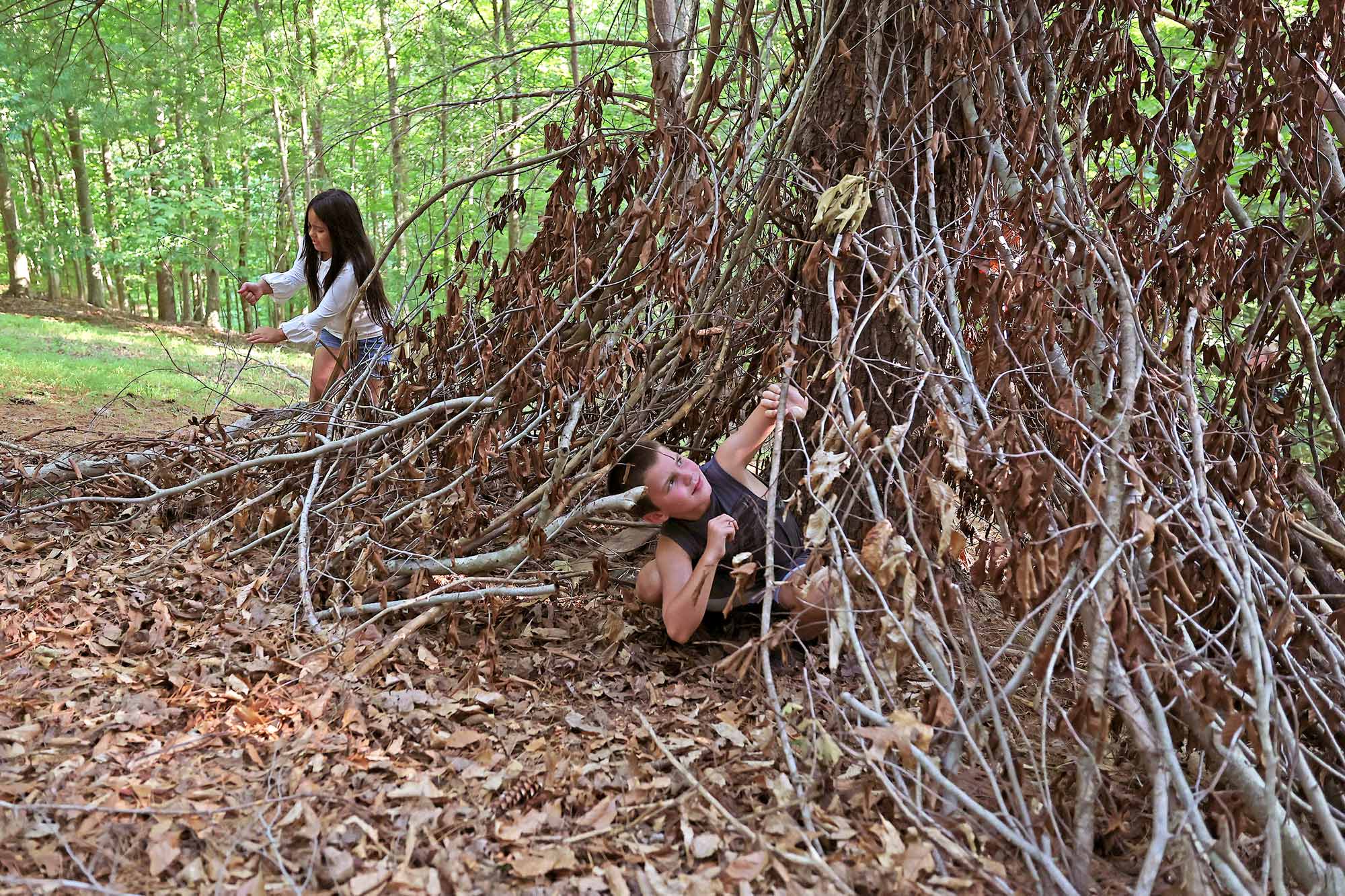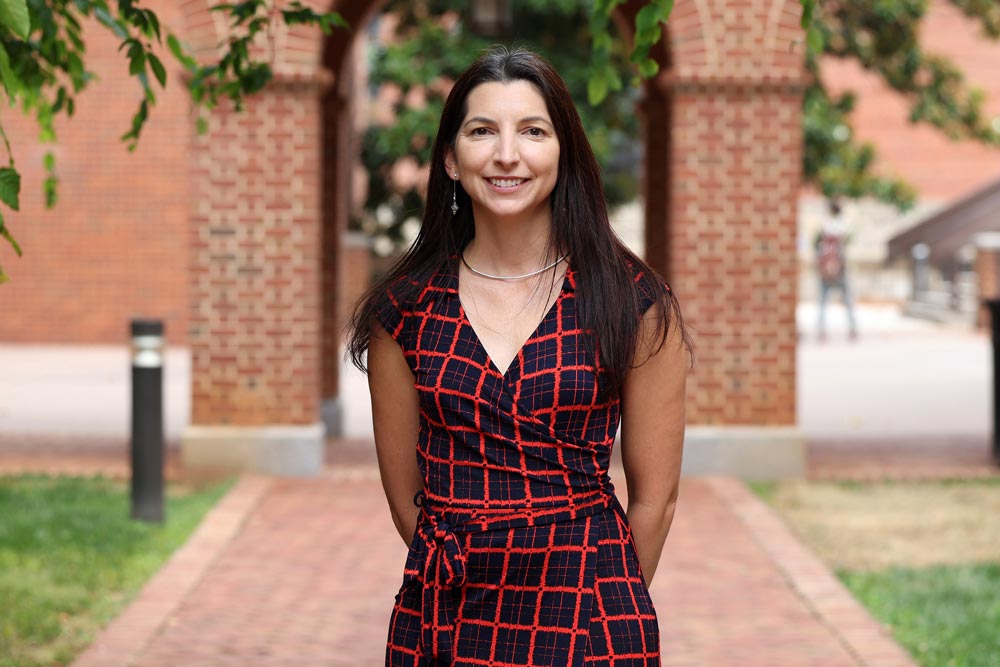While the summer may bring weeks at home for some children, opportunities also exist during weekends and holidays. Breaks in routine can provide parents and caregivers the perfect chance to help promote both creativity and curiosity.
Structuring Unstructured Time
Giving space for kids to be bored does require a bit of structure and takes a little practice. Instead of asking kids to keep themselves busy for two hours or defaulting to screen time where kids are passively engaged, Jirout offers a couple of strategies to provide some structure to unstructured time.
If kids seem stuck about where to start, adults can suggest an activity or two, like building a fort, making an obstacle course or creating a fairy garden. The idea, though, is to be as general as possible.
“You’re not saying whether it’s inside or outside, or what materials to use, or what it needs to look like, or anything,” Jirout said. “But you’re giving a kid some ideas to start with.”
If they finish and ask “OK, now what?” ask how they could do it differently than they just did.
“Perhaps they used sidewalk chalk to make a track for their bike,” Jirout said. “If they can sit in that uncomfortable bored feeling, maybe they’ll start to think, ‘Well, what kinds of things go around the track to make it more exciting?’ or add some more dimensions of challenge, things like that.”
Another way to structure unstructured time is for kids to make up their own schedule for a few hours. They may write out tasks like eat breakfast, clean the dishes and then build a fort. Drafting their schedule is an example of how stretches of boredom can offer kids a sense of control and autonomy they typically lack during a typical school or camp day.
“In general, kids don’t get to do things of their choice very often,” Jirout said. “And they’re going to be most motivated when they have the autonomy of choice. So, I think it is great to provide them the opportunity to figure out what they want to do.”
Skill Building
Even though these moments may not seem as enriching as more structured activities, Jirout said kids learn a lot about problem-solving and thinking creatively from these experiences.






